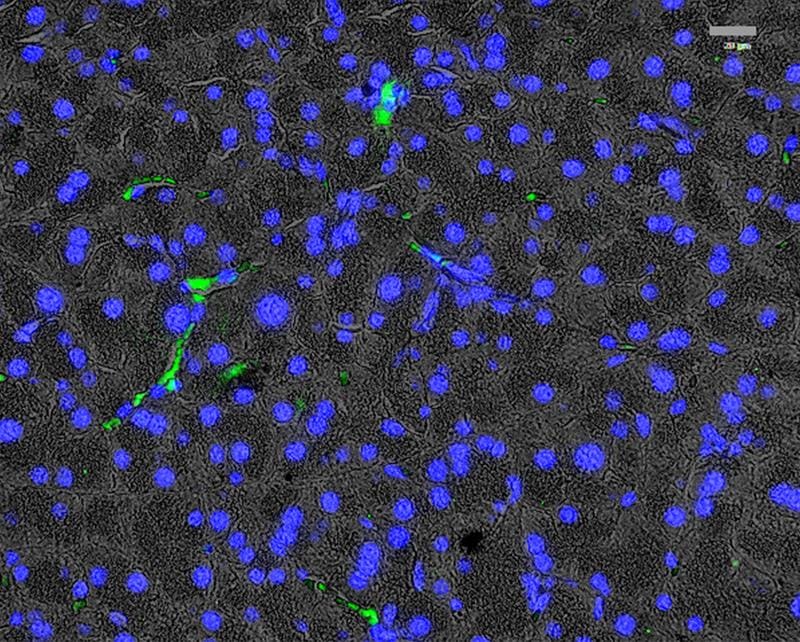New insights into age-related pancreatic changes
Researchers at the German Institute of Human Nutrition Potsdam-Rehbrû¥cke (DIfE) have shown in a study with mice that stellate cells and blood vessels play a central role in age-related changes in the pancreas. The study, published in Redox Biology, sheds light on mechanisms that increase the risk of type 2 diabetes, digestive disorders and pancreatic cancer.
Using single-cell transcriptome analyses and immunofluorescence studies, the scientists identified various stellate cell subgroups that form more connective tissue in old age and promote fibrosis. These processes are amplified by signaling pathways such as TGFbeta and PDGF. In addition, there was an increased interaction of aged stellate cells with blood vessels, which release pro-inflammatory substances and promote tissue damage.

The results suggest that fibrotic stellate cells may interfere with hormone and enzyme production and promote cancer development. The study provides approaches for new treatment strategies against age-related pancreatic diseases, for example through drugs that slow down fibrosis. Future research will examine temporal factors and influences of lifestyle such as diet and exercise in order to improve prevention options.
Original Paper:
Editor: X-Press Journalistenbû¥ro GbR
Gender Notice. The personal designations used in this text always refer equally to female, male and diverse persons. Double/triple naming and gendered designations are used for better readability. ected.




